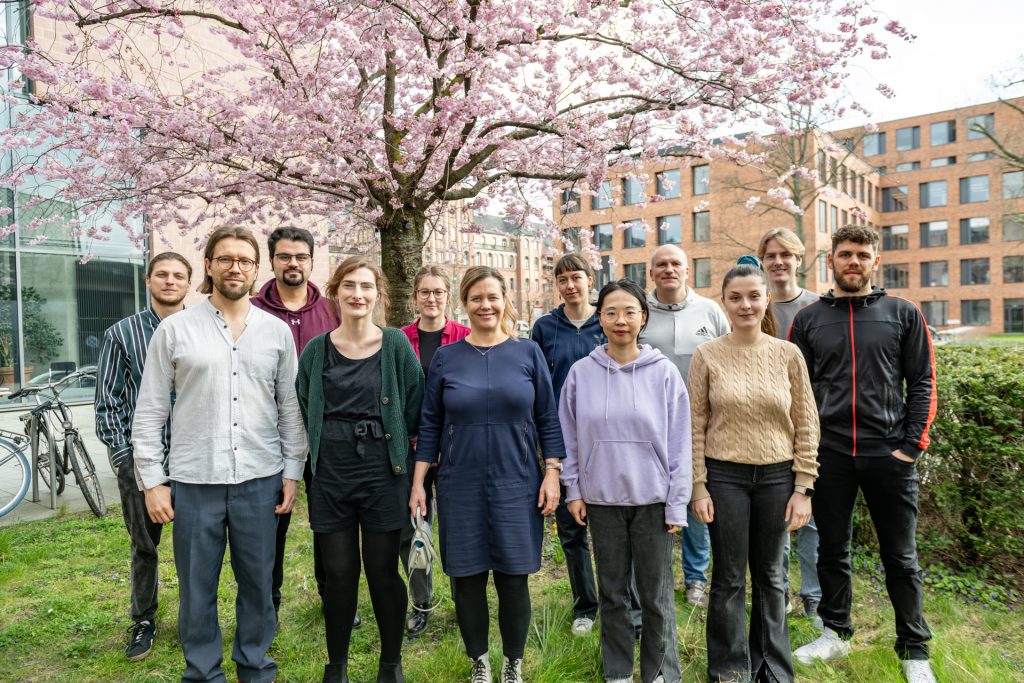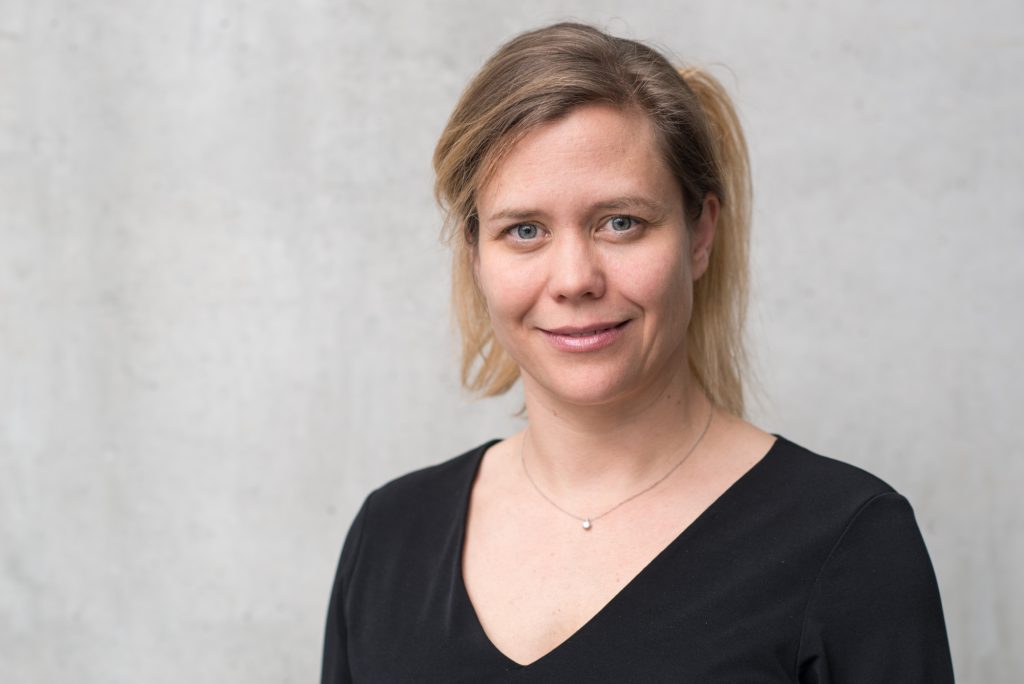- Programme Area 1
Immunodynamics

- Intravital microscopy
- Plasma cells
- Tissue niches
We aim to understand the dynamic interactions of immune cells in the tissue context
If the immune system reacts to a stimulus, a dynamic interplay of different cells is triggered. Circulating and tissue-resident immune cells, as well as tissue-specific non-hematopoietic cells initiate, maintain, coordinate and terminate an immune reaction. In order to develop novel therapeutic strategies, it is necessary to understand these dynamic cellular interactions on a molecular level.
